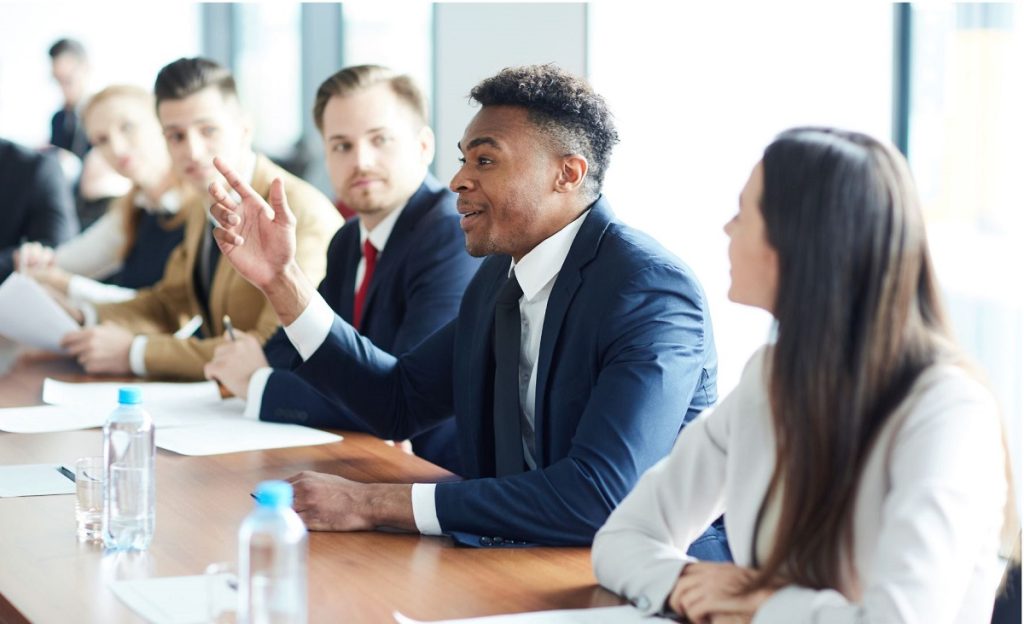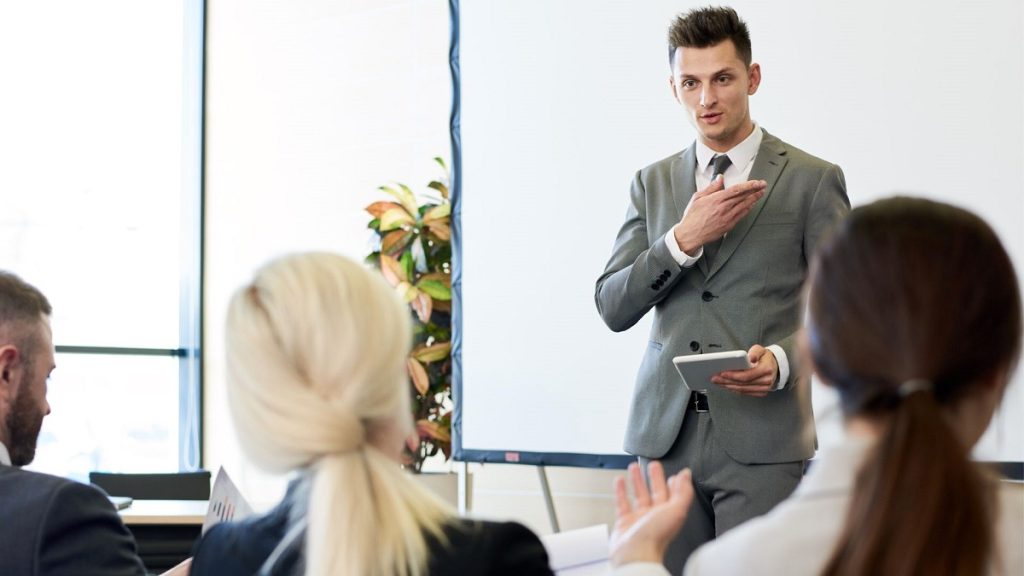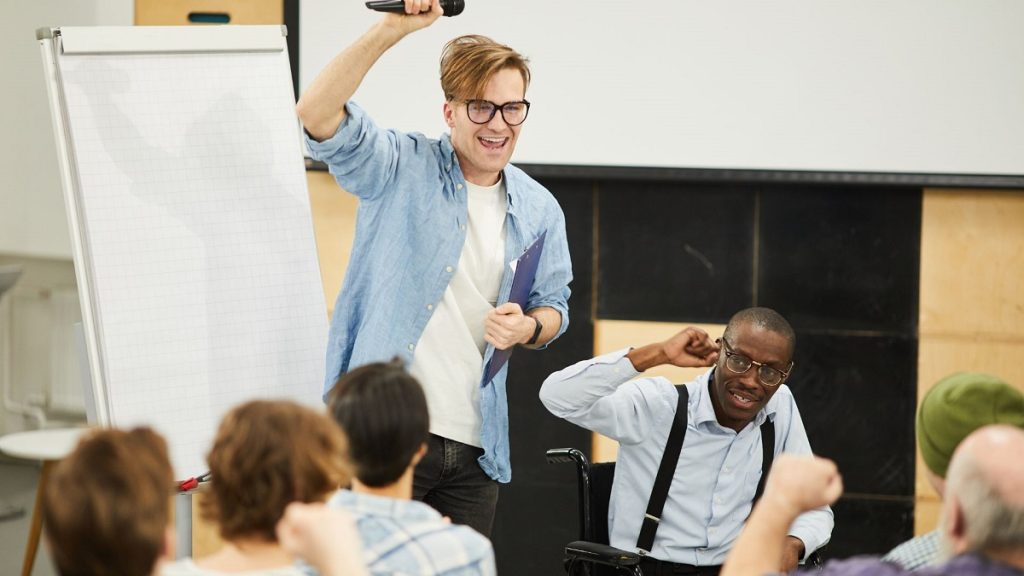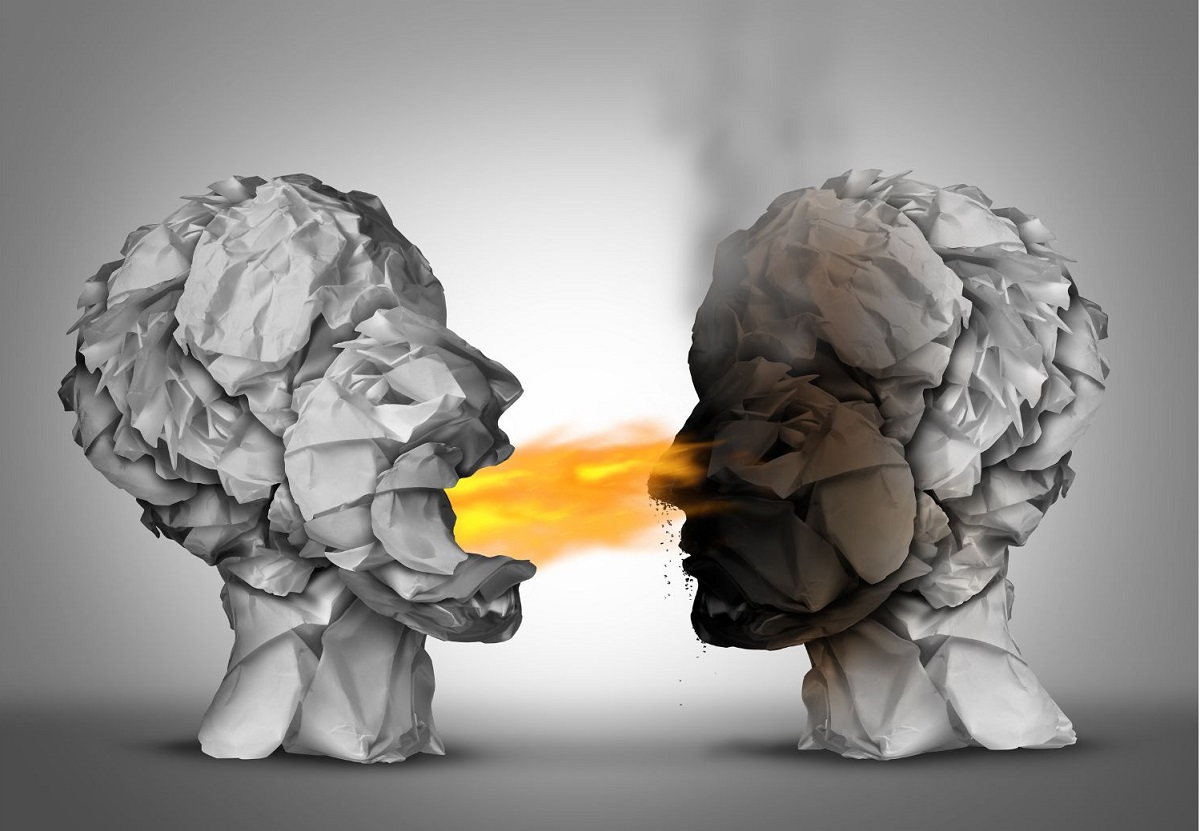Professional development in debate is a process of learning and improving one’s skills in debating and knowledge of the process. Anyone, including debate coaches, who want to improve their skills can join and advance in Toastmasters or take debate classes or workshops, read articles and watch videos about it, and practice extensively.
Debating skill is an invaluable tool in managing the complex challenges and diverse perspectives of life. Far from being a mere clash of opinions, debate fosters critical thinking, collaboration, and innovation in many fields.
This article explores the significance of debate for professionals in for-profit and non-profit fields, shedding light on its role in generating well-rounded solutions, refining strategies, and advancing social progress.
By embracing debate as a constructive and respectful platform, professionals can navigate complexities, challenge assumptions, and ultimately drive meaningful change.
What Is The Point Of Debate?
The point of debate extends beyond simply expressing differing opinions; it serves as a powerful tool for personal growth, intellectual development, and effective communication. Debating skills are invaluable throughout life as they enhance critical thinking abilities, improve analytical reasoning, and foster persuasive communication.

Individuals learn to articulate their thoughts clearly, present compelling arguments, and listen actively to opposing viewpoints by engaging in debate. These skills enable learners to navigate complex discussions, negotiate conflicts, and make well-informed decisions in various personal, academic, and professional contexts.
Moreover, debate promotes open-mindedness, empathy, and the ability to consider multiple perspectives, fostering a deeper understanding of diverse viewpoints and encouraging constructive dialogue.
Professionals can explore various debate formats, such as Lincoln-Douglas, policy debate, and congressional debate.
Ultimately, mastering the art of debate equips individuals with the essential skills to engage in productive discourse, shape their own beliefs, and contribute meaningfully to society.
What Skills Does Debate Teach A Participant?
Engaging in debate develops a range of skills in participants. Firstly, it hones critical thinking skills by encouraging the analysis of information, logical reasoning, and the evaluation of evidence.
Secondly, debate fosters effective communication skills, including the ability to articulate ideas clearly, construct persuasive arguments, and engage in active listening. Thirdly, it cultivates research skills, as participants must gather relevant information, conduct thorough investigations, and support their positions with evidence.
Finally, debate promotes teamwork and collaboration as participants learn to work collectively, respect differing perspectives, and find common ground through constructive dialogue.
Who Is The Debate Teacher?
The debate teacher depends on the educational institution or setting. In high schools or middle schools, debate teachers are typically trained educators who teach the relevant skills and facilitate activities. They may be part of the English or language arts department or have a specific debate-related role in the classroom.

Debate Techniques And Strategies
In debate clubs, tournaments, or organizations outside of formal education, the teacher or coach is knowledgeable and has expertise in debate techniques and strategies.
The requirements to become a debate teacher vary based on the educational institution and the level of debate being taught. Generally, a bachelor’s degree in a relevant field, such as English, communication, or education, is beneficial.
Additionally, having a strong understanding of debate principles, argumentation, and public speaking skills is essential. Many schools and organizations may also require teachers to have experience participating in debate competitions themselves.
National Speech And Debate Association
Debate coaches and teachers often receive training or accreditation through specialized workshops, seminars, or professional development programs. Organizations such as the National Speech And Debate Association (NSDA) and local associations provide resources, training materials, and workshops for debate education.
Universities and educational institutions with debate programs may also offer training opportunities for debate teachers. Furthermore, experienced debate coaches and teachers may mentor and provide guidance to aspiring debate educators, helping them develop their skills and knowledge in the field.
What Kinds Of Professional Development In Debate Are Available?
Professional development opportunities for debate coaches and others involved in debating include the following:
- Participation in Toastmasters clubs offers a supportive environment to enhance public speaking and communication skills.
- Institutions and organizations offer classes and workshops specifically tailored to debate skills, providing theoretical knowledge and practical strategies.
- Engaging with debate-related literature and articles and watching debate videos helps individuals stay informed about current topics, argumentation techniques, and different debating styles.
- Regular practice sessions, both individually and in group settings, allow participants to refine their debate skills, practice constructing arguments, and engage in mock debates to improve their performance.
- Seeking guidance and mentoring from experienced debate coaches or educators offer valuable insights and personalized support to enhance one’s understanding and skills in debate.
What Is The Role Of Debate Conferences And Competitions?
Debate conferences and competitions play a crucial role in the development of debate skills and in fostering a competitive yet collaborative environment. Firstly, they provide a platform for participants to showcase their abilities, test their knowledge, and apply their debate techniques in real-time.
Secondly, these events offer opportunities for debate teams to engage with diverse viewpoints and arguments, expanding their understanding and challenging their perspectives. Thirdly, competitive debates facilitate networking and knowledge-sharing among participants, fostering a sense of community and encouraging intellectual growth.
Lastly, debate events serve as a platform for recognition and achievement, motivating participants to strive for excellence and providing a benchmark for skill development in the field of debate.

How Can Toastmasters Help Develop Debate Skills?
Toastmasters significantly contributes to the development of debate skills through long-term membership. Firstly, Toastmasters provides a supportive environment where individuals practice and improve their public speaking abilities, a fundamental aspect of effective debating.
Secondly, regular participation in Toastmasters meetings allows individuals to engage in impromptu speaking exercises, enhancing their ability to think on their feet and respond quickly to arguments during debates. Thirdly, Toastmasters offers opportunities to deliver prepared speeches, which helps develop the art of persuasive communication and the ability to structure compelling arguments.
Lastly, Toastmasters provides a community of like-minded individuals who provide valuable feedback, mentorship, and opportunities for constructive debate practice, fostering continuous growth and refinement of debate skills.

